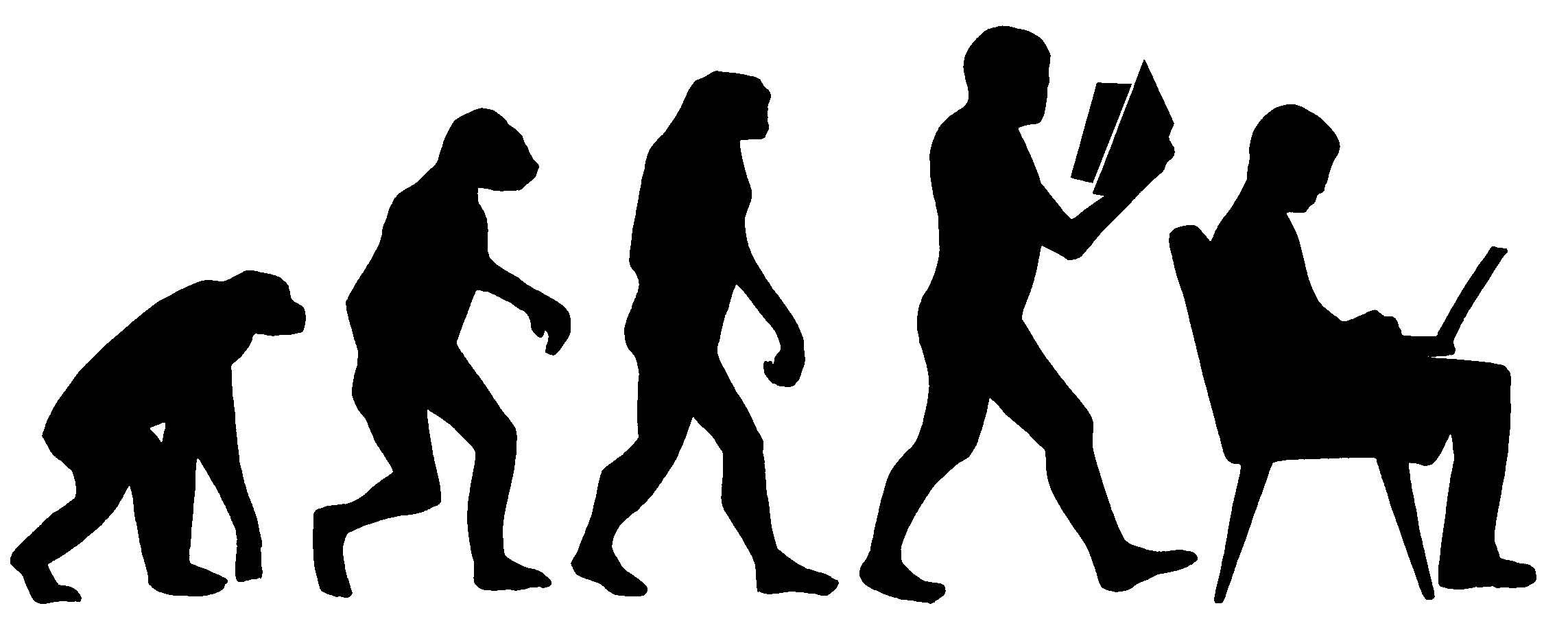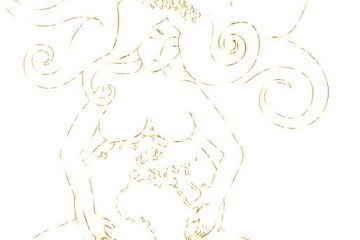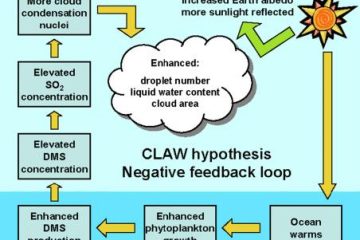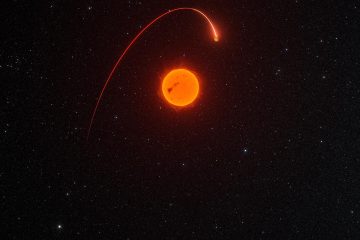In a world where interconnectedness reigns supreme and the delicate balance of life on Earth is both extraordinary and complex, the Gaia Hypothesis philosophy emerges as a captivating exploration of our planet’s intrinsic harmony. Delving into the belief that Earth functions as a self-regulating organism, this philosophy invites us to ponder the profound interplay between living organisms and their environment. Join us on a thought-provoking journey as we unravel the essence of the Gaia Hypothesis philosophy, a concept that challenges us to perceive our planet not merely as a home, but as a living, breathing entity that pulses with vitality and interdependence.
Table of Contents
- Exploring the Gaia Hypothesis: A Philosophical Perspective
- Delving into the Interconnectedness of Gaia Theory
- Unveiling the Evolutionary Implications of the Gaia Hypothesis
- Practical Applications and Ethical Considerations of Gaia Philosophy
- Q&A
- Closing Remarks
Exploring the Gaia Hypothesis: A Philosophical Perspective
Have you ever pondered the interconnectedness of life on Earth? The Gaia Hypothesis proposes a fascinating perspective that views our planet as a single, self-regulating organism. Imagine Earth not just as a collection of independent beings but as a unified entity where all living and non-living systems interact to maintain a delicate balance.
<p>From a philosophical lens, exploring the Gaia Hypothesis delves into profound questions about the relationship between humans and nature. It raises inquiries about our responsibilities towards the environment, the concept of planetary consciousness, and the intrinsic value of all forms of life. Embracing this perspective can lead to a deeper understanding of our place in the intricate web of existence.</p>
Delving into the Interconnectedness of Gaia Theory
The interconnectedness of Gaia Theory reflects a harmonious relationship between living organisms and the Earth itself. One of the core principles of this philosophy is the notion that the Earth functions as a single, self-regulating system, with all life forms contributing to its overall balance and stability.
**Key Points:**
- Living organisms play a crucial role in maintaining the Earth’s environment.
- The concept highlights the Earth as a complex and interdependent ecosystem.
- Humans are considered integral parts of this interconnected web of life.
| Aspect | Summary |
|---|---|
| Biodiversity | Rich variety of life forms contributing to ecological balance. |
| Reciprocity | Interactions between organisms and the Earth influencing each other. |

Unveiling the Evolutionary Implications of the Gaia Hypothesis
The Gaia Hypothesis, a fascinating concept in the realm of environmental philosophy, delves into the idea that the Earth functions as a single self-regulating organism. This hypothesis proposes that the Earth’s biosphere, atmosphere, oceans, and soil form a complex interacting system that maintains the conditions suitable for life. This interconnectedness between living organisms and their environment promotes stability and homeostasis, challenging traditional views of Earth as a passive backdrop to life.
Exploring the Gaia Hypothesis opens up a realm of thought-provoking questions about the interconnectedness and interdependence of all life on Earth. From the regulation of atmospheric gases to the impact of human activities on global ecosystems, understanding the implications of Gaia theory can inspire us to rethink our relationship with the planet. By acknowledging the delicate balance and intricate web of life on Earth, we may find new perspectives on conservation, sustainability, and our role in shaping the future of our planet. Embracing the Gaia philosophy could lead us towards a deeper understanding of our responsibilities as stewards of this unique and precious biosphere.
Practical Applications and Ethical Considerations of Gaia Philosophy
In Gaia philosophy, the interconnectedness of all living beings with the Earth is a central theme, emphasizing the importance of viewing our planet as a single living organism. This holistic approach encourages individuals to consider the impact of their actions on the environment and the delicate balance of ecosystems. By recognizing the Earth as a self-regulating system, proponents of Gaia philosophy advocate for sustainable practices that support ecological harmony and biodiversity. Key considerations in applying Gaia philosophy include:
- The promotion of conservation efforts to preserve natural resources.
- Adopting regenerative agriculture practices to enhance soil health and crop resilience.
- Respecting indigenous knowledge and traditions that offer insights into living in harmony with nature.
Ethical reflections on Gaia philosophy delve into: the moral obligations towards future generations in preserving a habitable planet, the recognition of non-human entities’ rights, and the promotion of environmental justice to ensure equitable access to resources. By embracing Gaia philosophy, individuals and societies can cultivate a deeper sense of interconnectedness with the Earth, fostering a more sustainable and compassionate relationship with the natural world while promoting planetary well-being.
| Practical Applications | Ethical Considerations |
|---|---|
| Conservation efforts | Moral obligations to future generations |
| Regenerative agriculture | Recognition of non-human entities’ rights |
| Respect for indigenous knowledge | Environmental justice |
Q&A
**Q&A: Gaia Hypothesis Philosophy**
Q: What is the Gaia Hypothesis all about?
A: The Gaia Hypothesis proposes that the Earth is a self-regulating organism where living organisms and their inorganic surroundings create a complex, interacting system that maintains the conditions necessary for life on the planet.
Q: Who developed the Gaia Hypothesis?
A: The Gaia Hypothesis was developed by chemist James Lovelock and biologist Lynn Margulis in the 1970s.
Q: How does the Gaia Hypothesis impact our understanding of the environment?
A: The Gaia Hypothesis challenges traditional views of the Earth as a passive, inert planet. It highlights the interconnectivity between all living things and the environment, emphasizing the importance of maintaining ecological balance for the planet’s health.
Q: What are some criticisms of the Gaia Hypothesis?
A: Critics argue that the Gaia Hypothesis anthropomorphizes the Earth and overstates the level of coordination among living organisms. Some also question the extent to which the Earth can truly be considered a self-regulating system.
Q: How can the principles of the Gaia Hypothesis be applied in modern environmental practices?
A: The Gaia Hypothesis encourages a holistic approach to environmental conservation, emphasizing the need to consider the interconnectedness of all living things and their impact on the planet. By adopting sustainable practices and promoting biodiversity, we can work towards maintaining a healthy, balanced Earth.
Closing Remarks
As we conclude our exploration of the Gaia Hypothesis philosophy, we are reminded of the intricate interconnectedness between all living beings and the planet we call home. This thought-provoking concept challenges us to reconsider our relationship with the Earth and reflect on the impact of our actions on the delicate balance of nature. Embracing the ethos of Gaia reminds us that we are not mere inhabitants of this planet but integral parts of a larger living system. Let us continue to nurture and respect the interconnected web of life that sustains us all. Join us in our quest to harmonize with Gaia and preserve the beauty and diversity of our shared home.



0 Comments